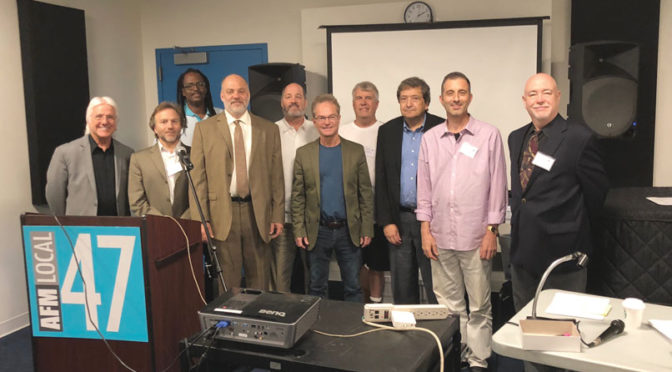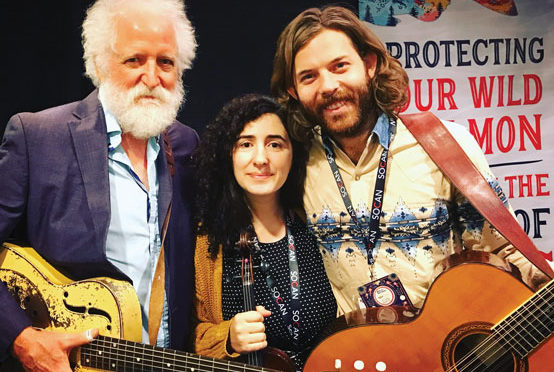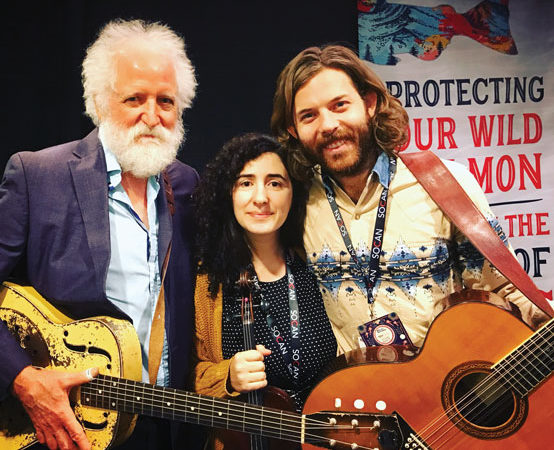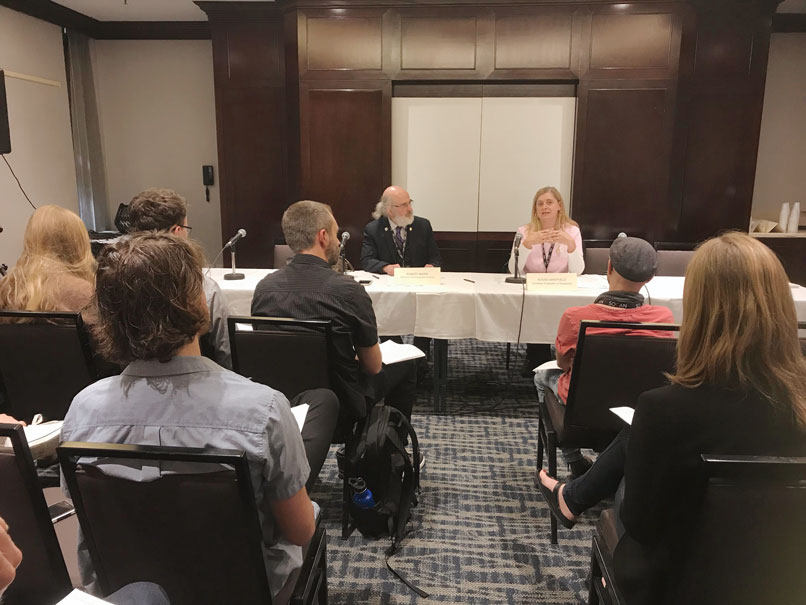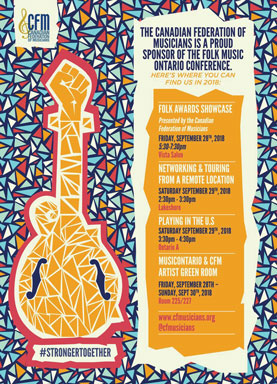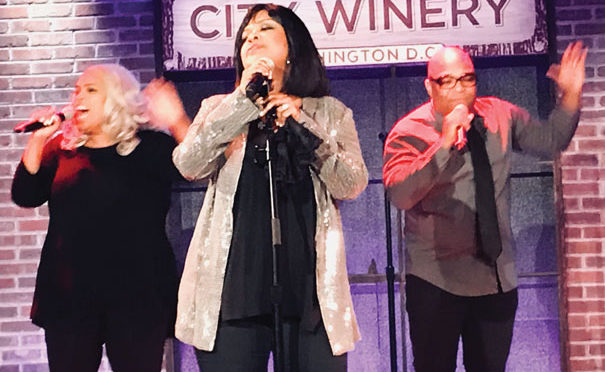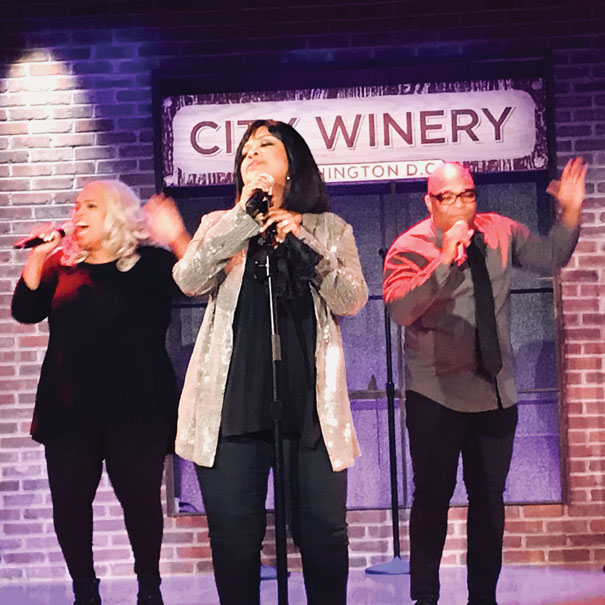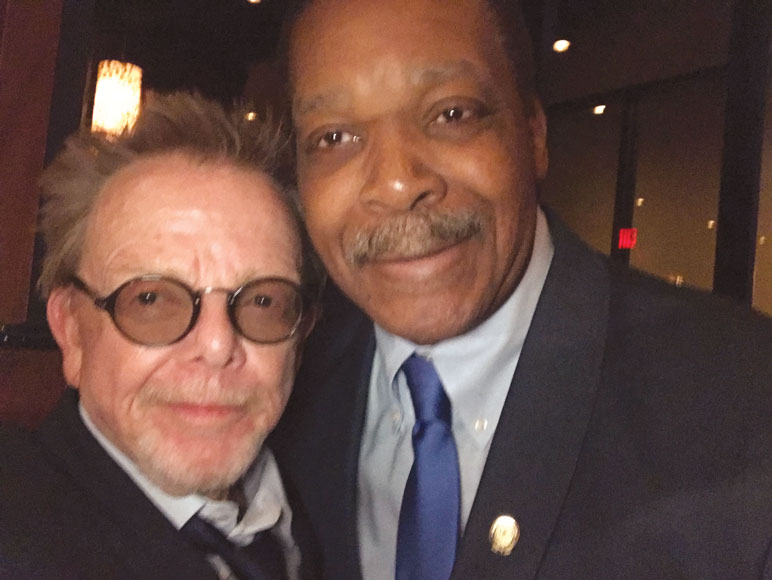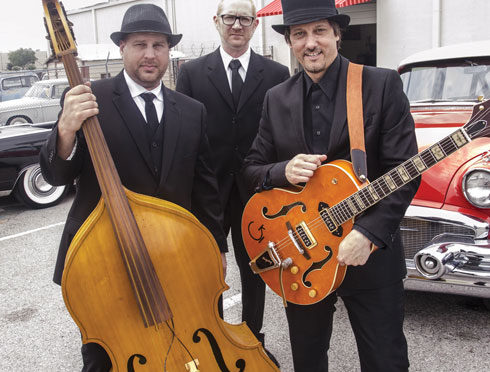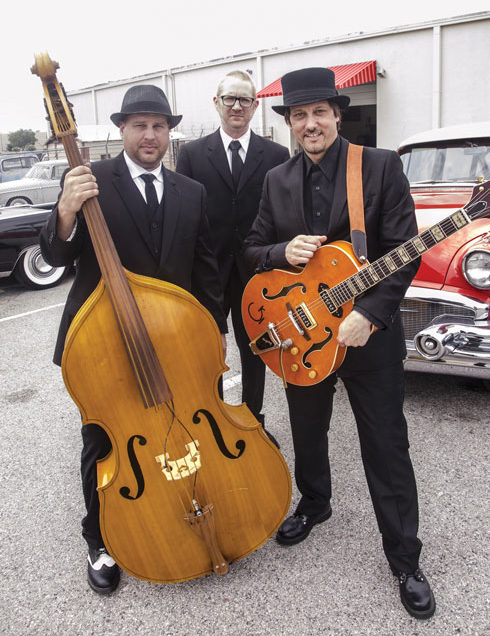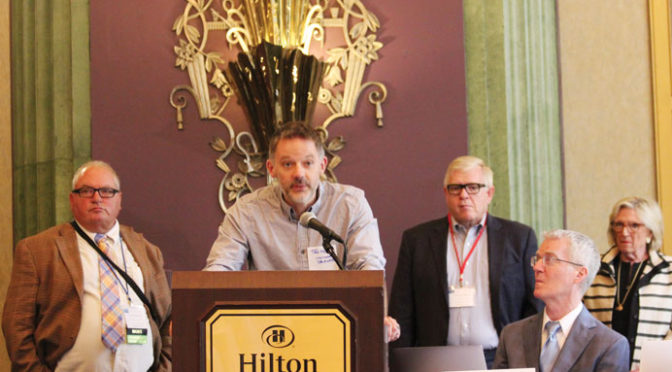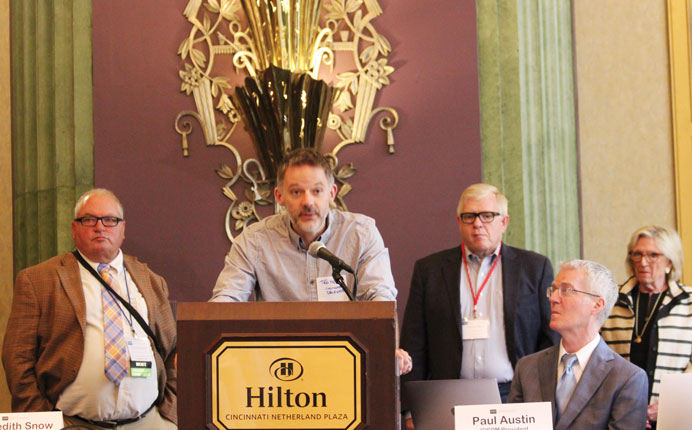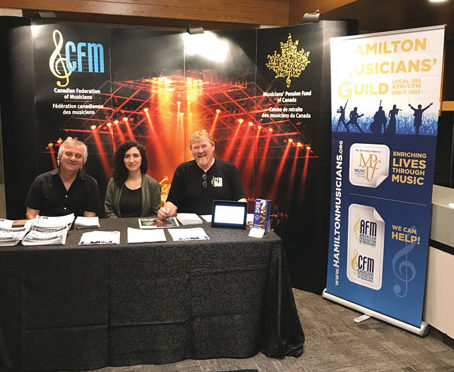
by Tony D’Amico, President of the Theatre Musicians Association and Member of Locals 9-535 (Boston, MA) and 198-457 (Providence, RI)
The 23rd annual Theatre Musicians Association conference was held this past August at the new AFM Local 47 office in Burbank, California. It was a day and a half of interesting and informative addresses, presentations, and discussions. Our host, Local 47 (Los Angeles, CA) President John Acosta, couldn’t have been more welcoming and generous. Their new home is nothing short of beautiful.
The conference was loosely structured around the theme of the current and future state of the musical theatre business. I’d like to share some of the highlights of the presentations and remarks given during the conference.
In my president’s remarks, I encouraged all TMA members to get involved in the organization by bringing in new members or starting new chapters. I also addressed the issue of national touring acts such as Evanescence or Il Volo, who come into our cities and hire local musicians for below-scale wages. While not theatre work per se, the musicians hired for these shows are often the same players that are hired to play traveling Broadway shows that come into local theatres.
TMA Vice president Heather Boehm, of Locals 10-208 (Chicago, IL) and 802 (New York City), gave an impassioned address about gender equality in the musical theatre pits. We still have a long way to go before this equality is achieved.
AFM President Ray Hair updated us on the Sound Recording Labor Agreement (SRLA) negotiation, the work being done to collect unallocated pension contributions, and the 2019 jingle agreement negotiations, which will most likely focus on licensing. Hair spoke a bit about the efforts to relocate the AFM office, and how, in the end, it makes sense to remain at 1501 Broadway, but make a move to the ninth floor. Later, Hair returned to the podium to give a history of the Pamphlet B agreement.
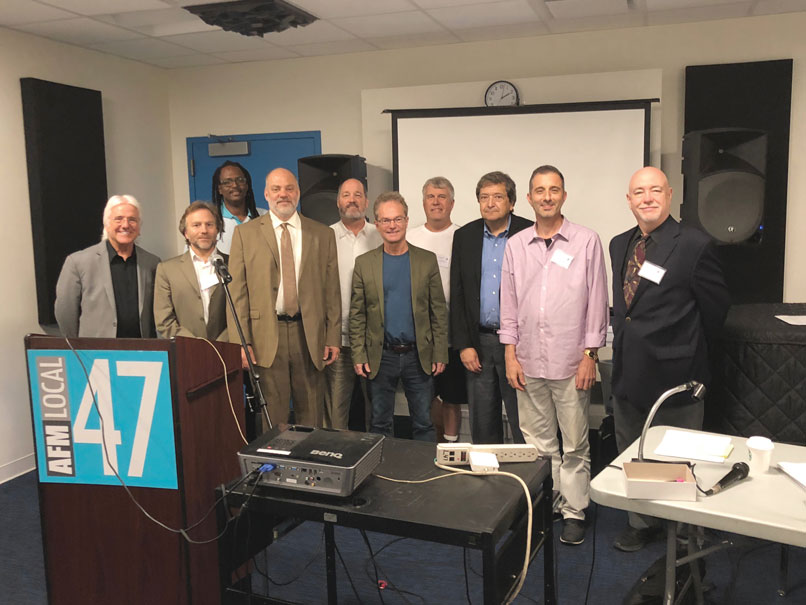
AFM Secretary-Treasurer Jay Blumenthal reported the AFM has a $2 million surplus and 187 locals, with nine mergers taking place in the past year. He gave details about the 2019 AFM Convention to be held in June.
AFM Local 802 (New York City) President Tino Gagliardi gave a report on the state of the Broadway theatres, noting there are currently 28 musicals on Broadway, employing about 418 musicians. Next season, there are 31 musicals slated to come in, which is the most in recent history.
AFM Touring/Theatre/Booking Division Director George Fiddler gave a report outlining the money Broadway and touring musicals generated this past season, as well as the number of theatergoers these shows attracted. He gave a list of the AFM contracted shows on tour during the 2017-2018 season, and how many travelers and local musicians each show employed. Fiddler also discussed how the overages on SET agreements affected the traveling musician’s paycheck, and how that compared with musicians on full Pamphlet B shows. Finally, he gave a preview of shows we can expect to be on the road in the 2018-2019 season.
AFM Director of Organizing & Education Michael Manley gave a presentation on organizing, including a screening of the film 1,000 People in the Street, a documentary about the 1997 5th Avenue Theatre musicians strike in Seattle.
TMA SoCal President Paul Castillo led a panel discussion entitled “Organizing, Unity, and the Future of Musical Theatre Employment.”
AFM President Hair and Local 802 President Gagliardi led an AFM-EPF report that also included participation by fund actuaries and lawyers.
All national TMA officers were re-elected by acclamation: myself as president, Vice President Heather Boehm, and Secretary-Treasurer Mark Pinto of Locals 9-535 (Boston, MA) and 126 (Lynn, MA). We began discussions about the location of next year’s TMA Conference.
It is always a pleasure to attend these conferences and meet with theatre musicians from all over the United States and Canada. Our organization has done some truly great work over the past 20-plus years, but there is so much more that must be done.
Negotiations for a Pamphlet B successor agreement are right around the corner, and TMA will be at the table for these talks. Whether you only occasionally play musical theatre productions or the pit is your full-time job, I think you will find TMA membership worthwhile. Please go to afm-tma.org to learn more about our organization, or write to me: president.tma@afm-tma.org.


